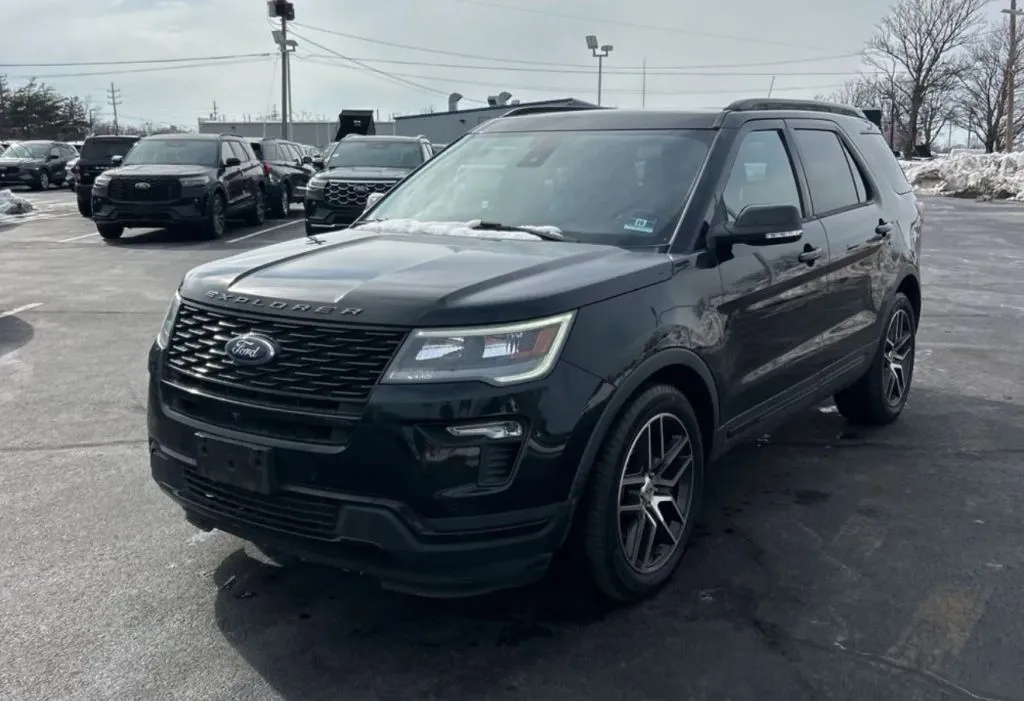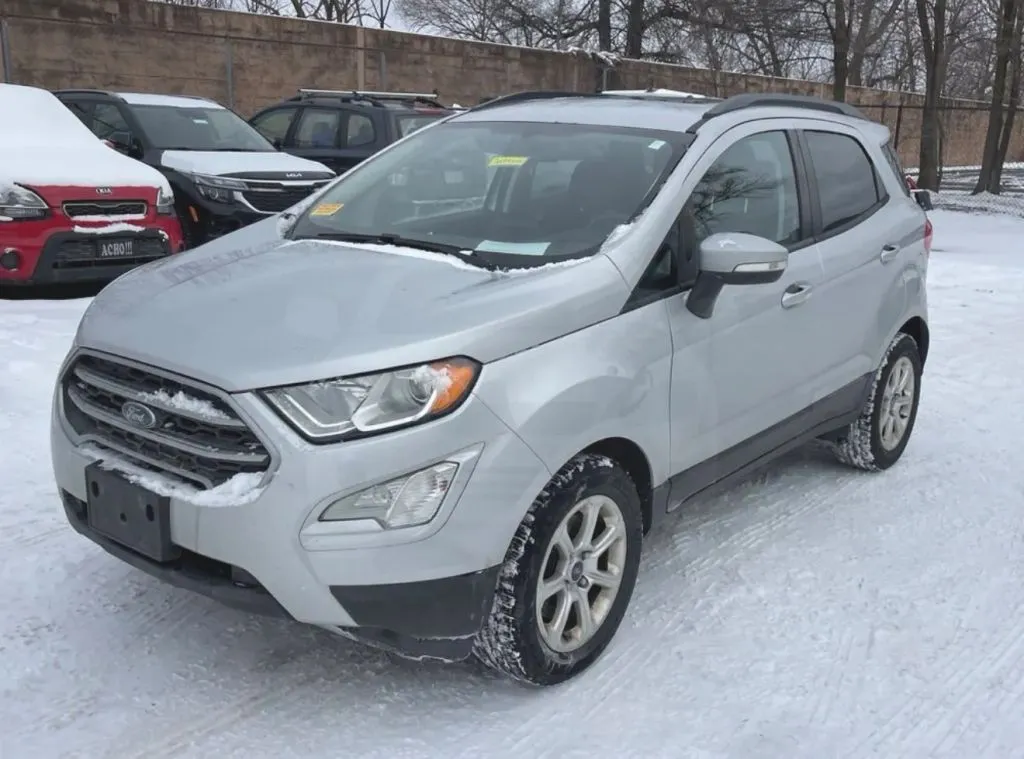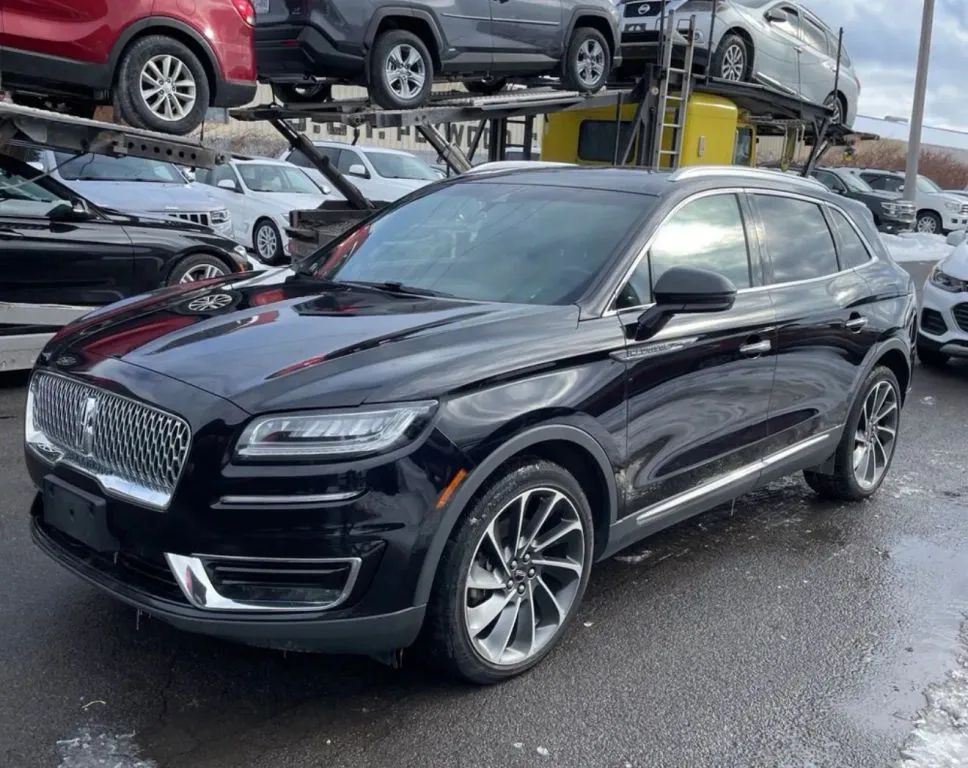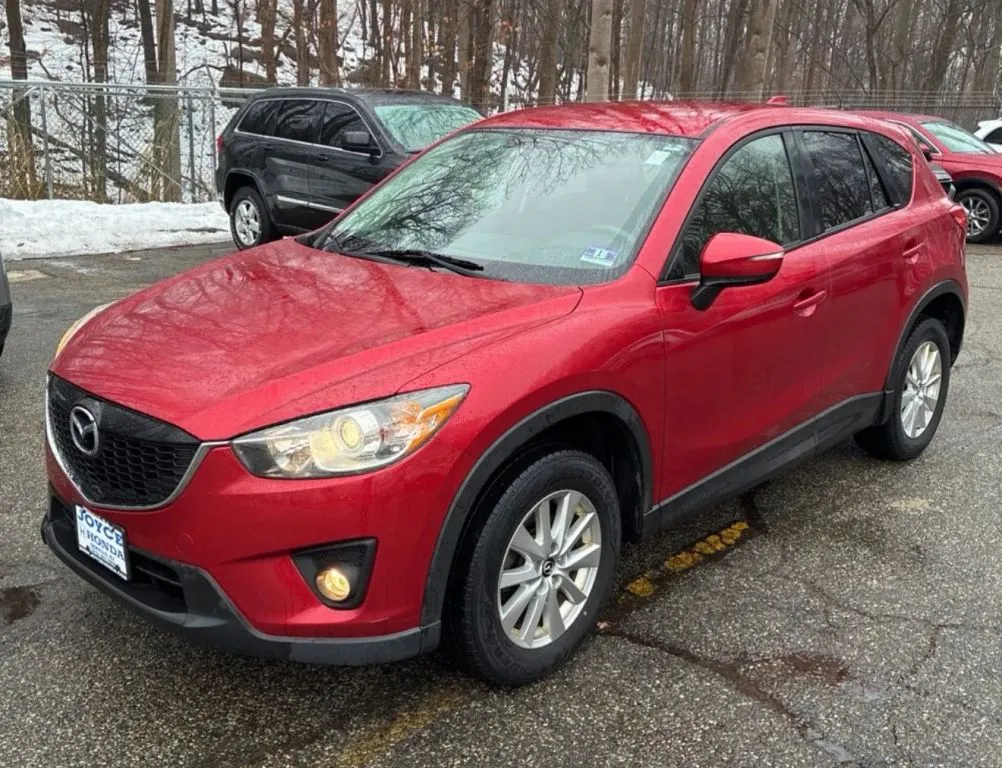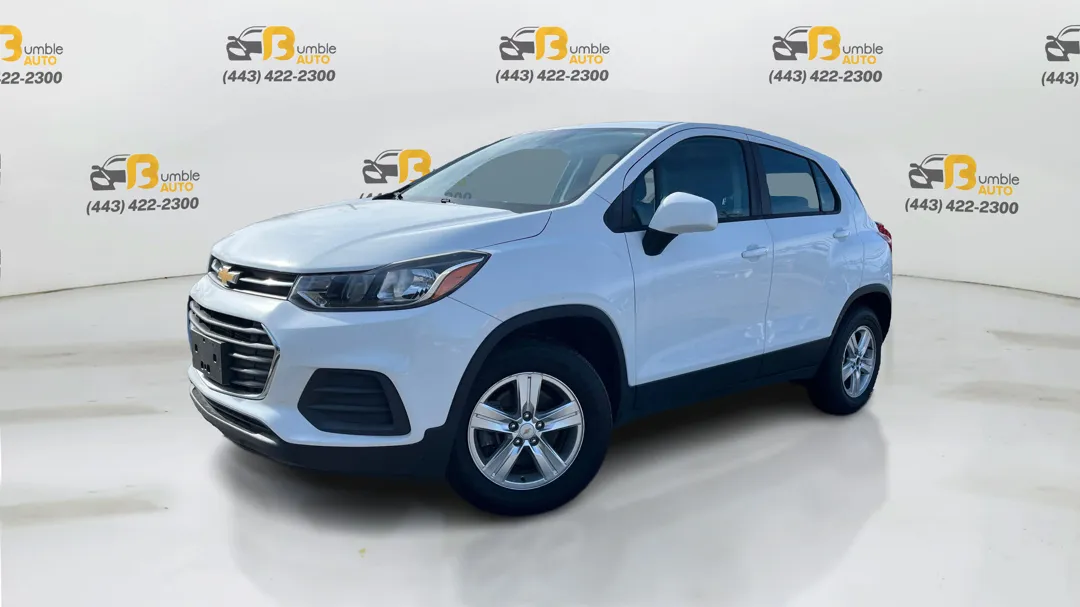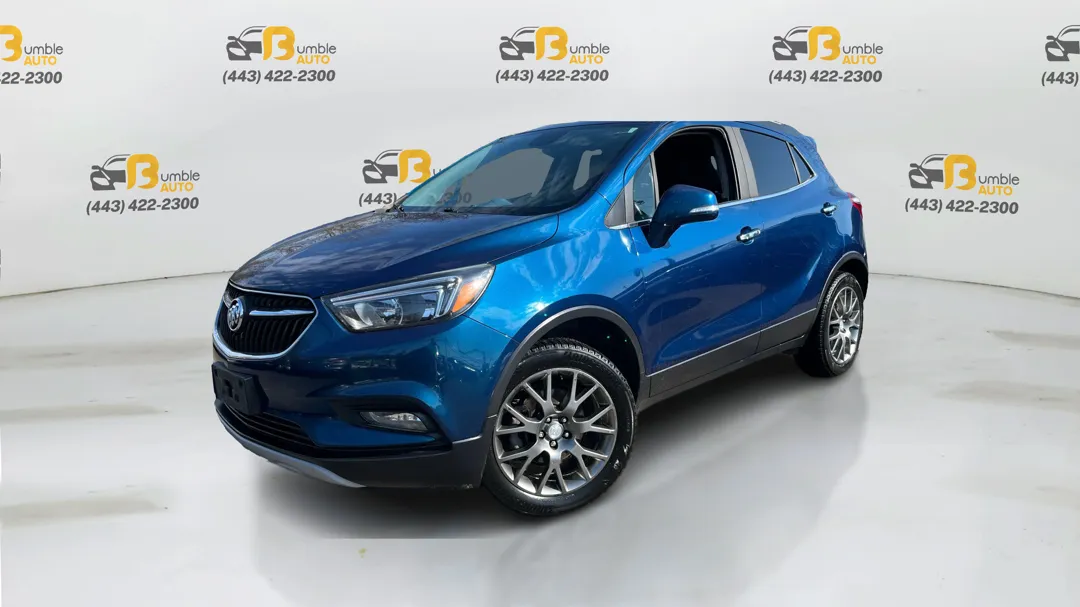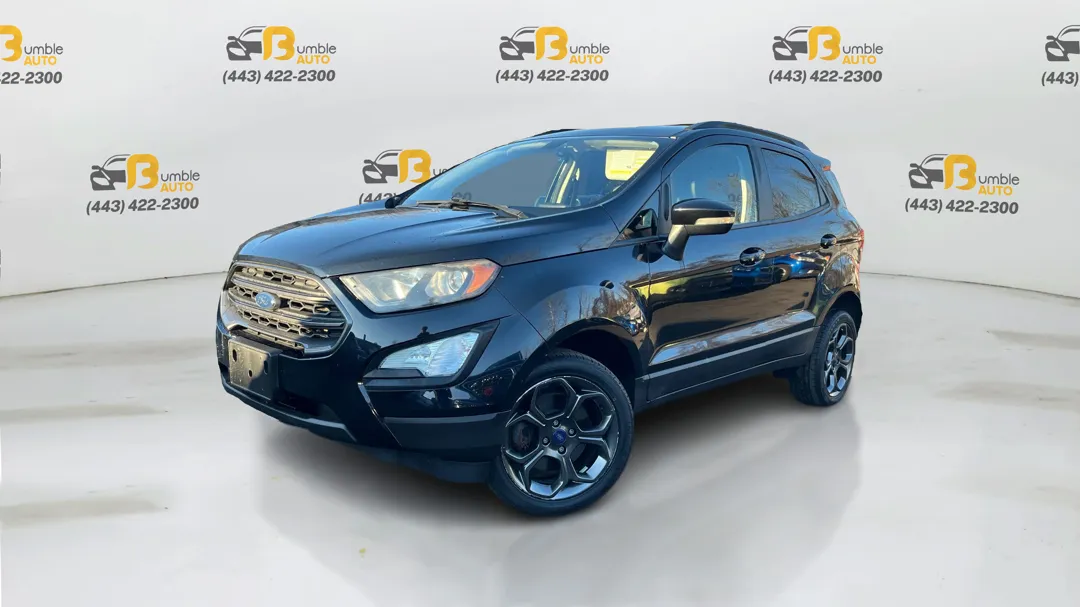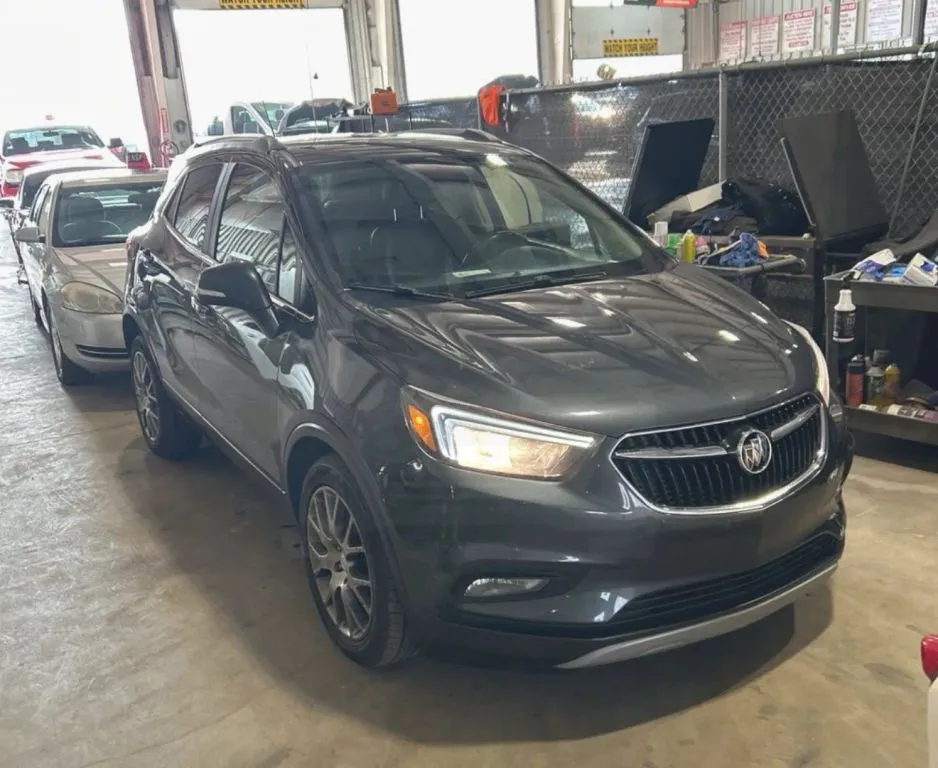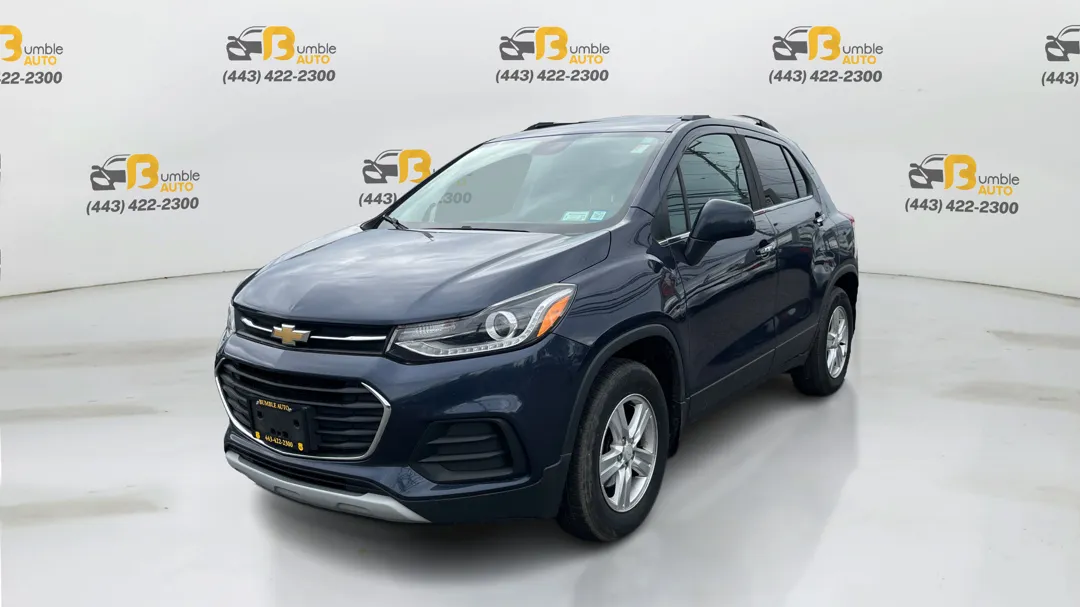8 Important Factors to Consider When Buying an SUV: A Comprehensive Guide
Table of Contents
- 1. Safety Features to Consider when Buying an SUV
- 2. Fuel Efficiency and Environmental Impact
- 3. Size and Seating Capacity
- 4. Performance and Engine Options
- 5. Technology and Entertainment Features
- 6. Cargo Space and Storage Capabilities
- 7. Maintenance and Reliability
- 8. Price Range and Budget Considerations
- Final Thoughts and Recommendations

Are you in the market for a new SUV but feeling overwhelmed with all the options? Look no further! In this comprehensive guide, we will explore the 8 most important factors to consider when buying an SUV. Whether you're a first-time SUV buyer or a seasoned enthusiast, this article will provide you with the information you need to make an informed decision.
From size and power, to safety features and technology, we'll cover it all. We'll also delve into considerations like fuel economy, cargo space, and off-road capabilities. Looking for a family-friendly SUV? We'll discuss features that make SUVs a practical choice for hauling kids, pets, and gear.
With the help of this guide, you can confidently navigate the SUV market and find the perfect vehicle to suit your needs and preferences. No more confusion or buyer's remorse. So buckle up, and let's dive into the world of SUVs!
From size and power, to SUV truck key features, we'll cover it all.
1. Safety Features to Consider when Buying an SUV

When it comes to purchasing an SUV, safety should be one of your top priorities. SUVs are larger and heavier vehicles, which can provide a sense of security, but they also come with unique safety considerations. Look for SUVs that offer a comprehensive suite of safety features to protect you and your passengers.
One of the most important safety features to consider is the SUV's crash-test ratings and 10 upgrades for car safety.
One of the most important safety features to consider is the SUV's crash-test ratings. Look for models that have earned high safety ratings from organizations like the National Highway Traffic Safety Administration (NHTSA) and the Insurance Institute for Highway Safety (IIHS). These ratings can give you a good indication of the vehicle's overall safety performance in the event of a collision.
In addition to crash-test ratings, you'll want to look for SUVs that come equipped with advanced safety technologies, such as automatic emergency braking, lane departure warning, and blind spot monitoring. These features can help prevent accidents and provide an extra layer of protection for you and your loved ones. Many modern SUVs also offer features like adaptive cruise control, which can help maintain a safe following distance on the highway, and rear-view cameras, which can improve visibility and reduce the risk of backing accidents.
2. Fuel Efficiency and Environmental Impact

While SUVs are known for their spaciousness and off-road capabilities, they can also be fuel-guzzlers. When choosing an SUV, it's important to consider the vehicle's fuel efficiency and its impact on the environment. Look for models that offer the best balance of power and fuel economy to meet your needs without breaking the bank at the pump.
One way to improve fuel efficiency is to opt for a smaller, more compact SUV. Larger, heavier SUVs tend to have lower fuel efficiency, so if you don't need the extra size and power, a mid-size or compact SUV may be a better choice. Additionally, consider SUVs with hybrid or electric powertrains, which can provide significant improvements in fuel economy and reduced emissions.
Look for models that offer the best balance of power and fuel economy to meet your needs without breaking the bank at the pump, considering different fuel types.
Another factor to consider is the engine size and type. Turbocharged engines or diesel engines can offer improved fuel efficiency compared to larger, naturally aspirated gasoline engines. However, keep in mind that these engine types may come with higher maintenance costs or other trade-offs. Ultimately, it's important to weigh the pros and cons of each engine option and choose the one that best fits your driving needs and budget.
3. Size and Seating Capacity

When it comes to SUVs, performance and engine options are key considerations. Whether you're looking for a powerful, high-performance model or a more fuel-efficient, practical option, there's an SUV out there that can meet your needs.
One of the first things to consider is the engine size and type. SUVs are available with a range of engine options, from turbocharged four-cylinder engines to powerful V8s. The engine you choose will have a significant impact on the SUV's acceleration, towing capacity, and overall performance. If you need to tow heavy loads or want a more thrilling driving experience, a larger, more powerful engine may be the way to go. Conversely, if fuel efficiency is a top priority, a smaller, more fuel-efficient engine may be the better choice.
Another important performance factor to consider is the SUV's drivetrain. Many SUVs offer the option of all-wheel drive or four-wheel drive, which can provide improved traction and handling, especially in challenging weather conditions or off-road situations. However, these drivetrains can also impact fuel efficiency, so it's important to weigh the benefits against the potential drawbacks. Additionally, some SUVs come equipped with advanced off-road features, such as locking differentials or dedicated off-road modes, which can enhance their capabilities in rugged terrain.
4. Performance and Engine Options

When it comes to SUVs, performance and engine options are key considerations. Whether you're looking for a powerful, high-performance model or a more fuel-efficient, practical option, there's an SUV out there that can meet your needs.
One of the first things to consider is the engine size and type. SUVs are available with a range of engine options, from turbocharged four-cylinder engines to powerful V8s. The engine you choose will have a significant impact on the SUV's acceleration, towing capacity, and overall performance. If you need to tow heavy loads or want a more thrilling driving experience, a larger, more powerful engine may be the way to go. Conversely, if fuel efficiency is a top priority, a smaller, more fuel-efficient engine may be the better choice.
Another important performance factor to consider is the SUV's drivetrain. Many SUVs offer the option of all-wheel drive or four-wheel drive, which can provide improved traction and handling, especially in challenging weather conditions or off-road situations. However, these drivetrains can also impact fuel efficiency, so it's important to weigh the benefits against the potential drawbacks. Additionally, some SUVs come equipped with advanced off-road features, such as locking differentials or dedicated off-road modes, which can enhance their capabilities in rugged terrain.
5. Technology and Entertainment Features

In today's modern world, technology and entertainment features have become increasingly important considerations when purchasing an SUV. From advanced infotainment systems to cutting-edge safety technologies, there's a wide range of features that can enhance your driving experience and make your SUV even more appealing.
One of the most prominent technology features to look for in an SUV is the infotainment system. These systems, often featuring large, high-resolution touchscreens, provide access to a wealth of features, including navigation, smartphone integration, and advanced audio capabilities. Look for systems with intuitive interfaces and seamless connectivity to your mobile devices, allowing you to stay connected and entertained on the go.
Look for systems with intuitive interfaces and seamless connectivity to your mobile devices, staying up to date with 2024 auto technology trends.
In addition to infotainment, many modern SUVs also offer a range of advanced safety technologies, such as adaptive cruise control, lane-keeping assist, and automatic emergency braking. These features can not only improve your overall driving experience but also provide an extra layer of protection for you and your passengers. Some SUVs even come equipped with semi-autonomous driving features, which can help reduce the burden of driving in certain situations.
6. Cargo Space and Storage Capabilities

When it comes to SUVs, cargo space and storage capabilities are crucial considerations, especially if you have a growing family or an active lifestyle that requires plenty of gear and equipment. Whether you're transporting bulky items, hauling outdoor equipment, or simply need ample room for everyday errands, the right SUV can make all the difference.
One of the key factors to consider is the SUV's overall cargo volume, which is typically measured in cubic feet. Pay attention to the total cargo capacity, as well as the dimensions of the cargo area, to ensure that it can accommodate your specific needs. Many SUVs offer a range of seating configurations, allowing you to maximize the available cargo space by folding down the rear seats or even the front passenger seat.
In addition to cargo volume, look for SUVs with a variety of storage solutions, such as hidden compartments, underfloor storage, and roof racks. These features can help you keep your vehicle organized and make the most of the available space. Some SUVs even offer power-operated tailgates or hands-free liftgates, which can make loading and unloading cargo a breeze.
7. Maintenance and Reliability

When investing in a new SUV, it's important to consider the vehicle's long-term maintenance and reliability. After all, you want a car that will provide years of trouble-free service and keep you and your family safe on the road.
One of the best ways to gauge an SUV's reliability is to research its track record. Look for models that have consistently performed well in industry surveys and owner reviews, as these can provide valuable insights into the vehicle's overall quality and dependability. Pay attention to common maintenance issues, repair costs, and the availability of parts and service, as these factors can all impact the long-term ownership experience.
Another important consideration is the manufacturer's warranty and maintenance schedule. Look for SUVs that offer comprehensive warranties, including coverage for the powertrain, which can give you peace of mind and protect your investment. Additionally, review the recommended maintenance intervals and ensure that the service schedule aligns with your driving habits and needs. Keeping up with regular maintenance can help extend the life of your SUV and prevent costly repairs down the road.
Before purchasing an SUV, it's crucial to understand what to do before buying a used car to avoid unforeseen issues and expenses in the long run.
8. Price Range and Budget Considerations

When it comes to purchasing an SUV, price and budget are crucial factors to consider. SUVs can range widely in price, from entry-level models to high-end luxury vehicles, so it's important to have a clear understanding of your budget and what you're willing to spend.
Start by determining your overall budget and the maximum amount you're willing to spend on an SUV. Keep in mind that the purchase price is just one part of the equation – you'll also need to factor in ongoing costs, such as insurance, fuel, and maintenance. Do your research to get a sense of the average costs associated with the SUV models you're considering, and make sure your budget can accommodate these expenses comfortably.
Once you've established your budget, you can begin exploring used SUVs for sale in Ellicott City, Elkridge, and other SUV options within your price range.
Once you've established your budget, you can begin exploring the various SUV options within your price range. Keep in mind that you may need to make trade-offs between features, size, and performance to stay within your budget. However, with a little research and flexibility, you can often find an SUV that meets your needs and fits your financial constraints. Don't be afraid to negotiate or explore financing options, as these can help make your dream SUV more affordable.
Final Thoughts and Recommendations
In conclusion, buying an SUV is a significant investment, and it's important to carefully consider a wide range of factors to ensure you make the best decision for your needs and budget. From safety features and fuel efficiency to performance and technology, there's a lot to think about when navigating the SUV market.
When it comes to our top recommendations, we suggest prioritizing safety features, such as advanced driver-assistance technologies and high crash-test ratings, as these can provide invaluable protection for you and your passengers. Additionally, consider fuel efficiency and environmental impact, as these factors can have a significant impact on your long-term ownership costs and environmental footprint.
Additionally, consider fuel efficiency and environmental impact, as these factors can have a significant impact on your long-term ownership costs and best eco-friendly SUVs.
Size and seating capacity are also crucial factors, as they will determine the overall functionality and versatility of your SUV. Look for models that offer the right balance of space and maneuverability to suit your specific needs. And don't forget to explore the performance and engine options, as well as the technology and entertainment features, to ensure your new SUV provides a truly enjoyable driving experience.
Ultimately, the "perfect" SUV is the one that best meets your unique requirements and fits within your budget. By carefully considering the factors outlined in this guide, you can confidently navigate the SUV market and find the vehicle that will serve you and your family for years to come. Happy shopping, and enjoy the journey!


